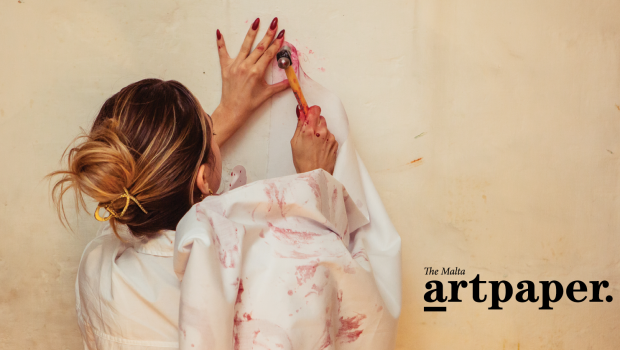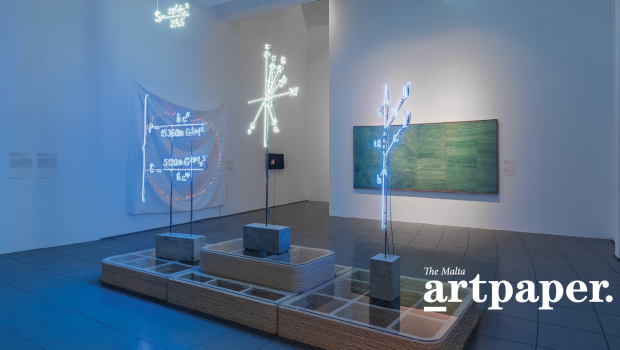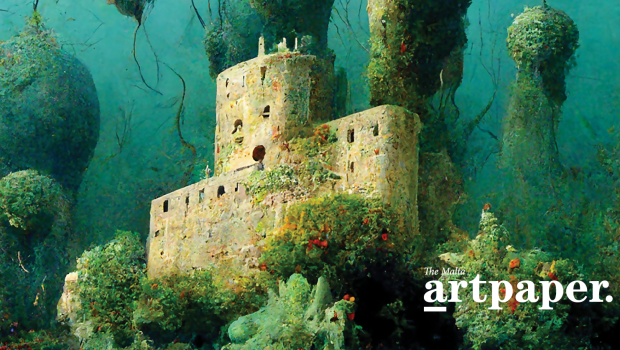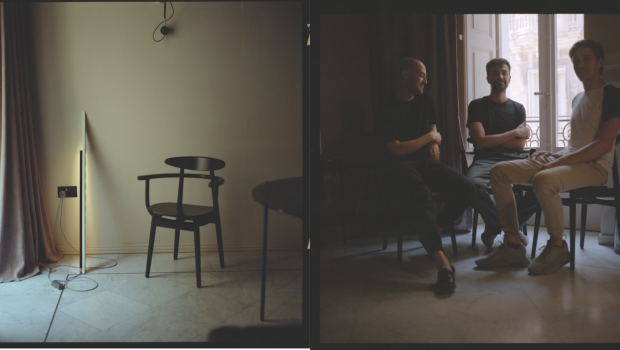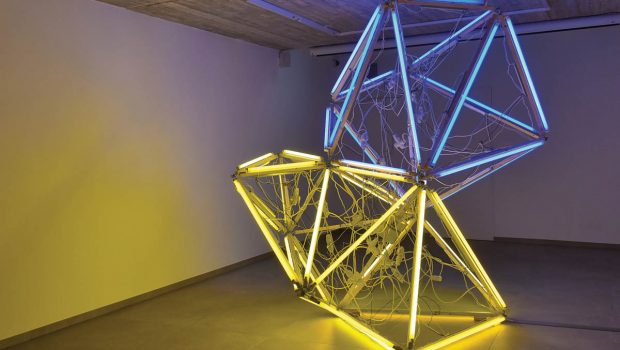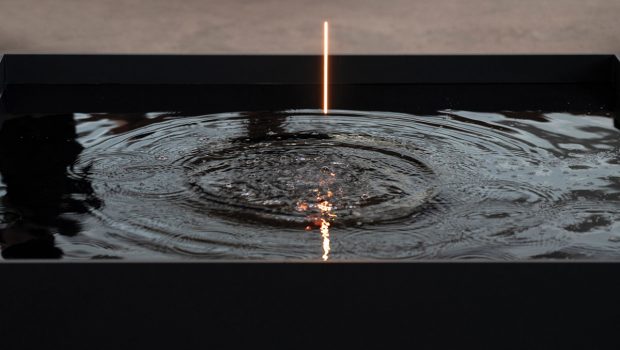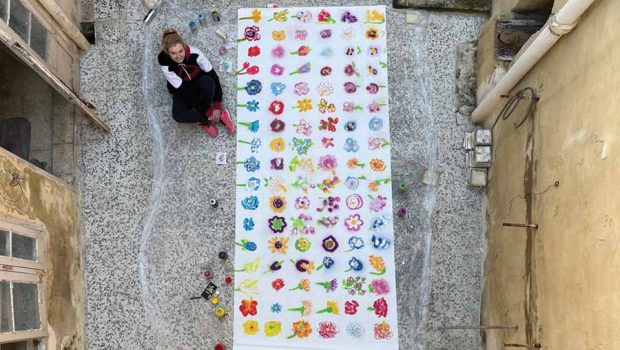Poker Face and smiles
The pleasures of bathing at the foot of the Valletta bastions

The leisure industry in Malta offers up tens of thousands of beach-bound, sun-dazzled smiles and selfies to countless camera lenses and iPhones. It is hungry for images to serve as a lasting gift to the contemporary golden calf, the almighty dollar.
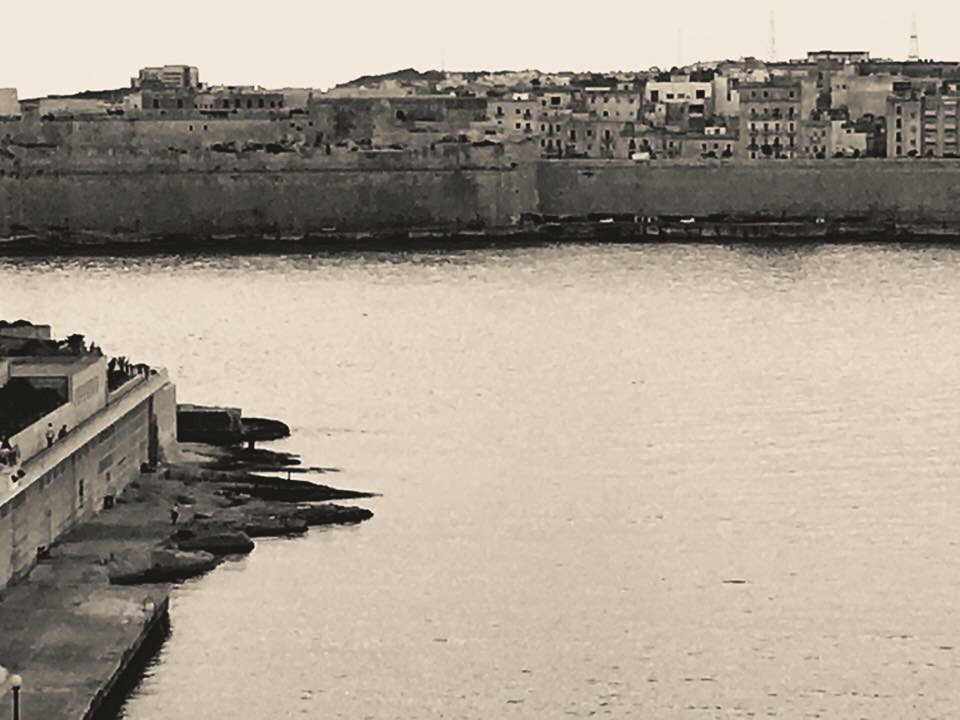
This is not to say that the forces that generated the military structures protecting the Renaissance city of Valletta from coastal invaders were not also working for similar divinities and idols. When Valletta sprang out of the rock during the austere 16th century, however, the demand for smiles was limited. Squinting into the sun was merely about spying enemy vessels on the horizon.
The coast was defensive and expressionless. It was a man-made illusion that proclaimed little more than immutability, impermeability and the semblance of strength. It took presumption and courage – and a fair dose of folly – to defy the wind-swept Mediterranean Sea and to stand one’s ground against the breaking waves and the constantly smoothened, changing rocks. Was this weathered outcrop, this shifting limestone landscape, relentlessly transformed, inch by inch, by the dynamic forces of nature, ever ideal for a project such as this? Only the ever-moving sea knows. She holds up a mirror to both the human vanity of man, and his God-like resolve.
Here, on the edge of the sea, at the foot of Valletta’s fortifications, architecture is a form of deceit, a false impression of permanence. Sunlight is broken by these erect, precipitous walls that cast sharp and deep shadows on the rounded rocks and fish-filled pools below. Like a short-lived smile harbouring a dark and restless soul, it is a reminder of the transitory nature of man’s building exploits.
Today, as I dive into the icy-cold water of early February, the sea comes towards me and surrounds me, a loyal ally. It erodes historical stratification and plunges me into a moment that is ageless – when my body is allowed to escape chronological time and become one with nature. Resurfacing, I look towards the shore and rediscover – through salt-blurred vision – the sheer, towering walls rising from the rocks, the silent, poker-faced landscape of Renaissance times.
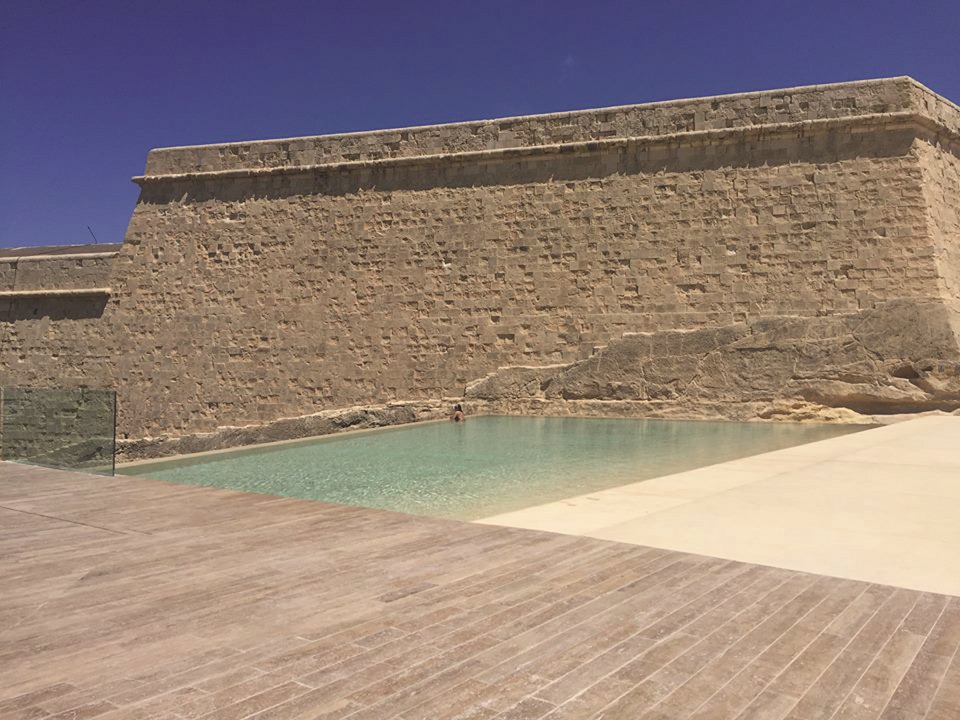
How different is the message here from that of the generous, gently sloping embrace of the hedge-and-sand landscape of Għajn Tuffieħa, with its foreground of smiles, cries, suntanned bodies and coloured bathing costumes! This fortified backdrop is a heroic landscape that speaks of the toil of my ancestors to subdue nature and keep the enemy at bay, of the warrior whose ambition it was to carve out a safe haven for himself and his offspring. And still, this land is not the sweet, stable home that it seems to say it is, nor is its peace the historical calm of a site where something was resolved, once and for all. There are many things to be done, Howard Roark thinks in the opening lines of The Fountainhead, as his naked body is poised to dive into the lake below.
This is how I feel when I swim under the stern gaze of the bastions of Valletta.
Not to lose time, not to get caught, not to be left behind, not – please! – to resemble The beasts who repeat themselves, or a thing like water Or stone whose conduct can be predicted, these Are our common prayer. W.H.Auden’s In praise of Limestone.

